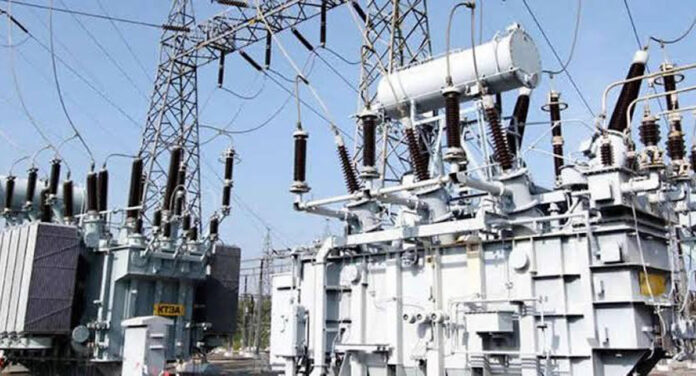The President of Nigeria Consumer Protection Network (NCPN), Kunle Olubiyo, has warned that the national power grid would collapse if electricity generation reaches 6,000 megawatts (MW). Currently, the highest quantum of electricity ever generated on Nigeria’s national grid was 5,802 MW, achieved on March 1, 2021. Transmission is at a frequency of 50.09 hertz. The Transmission Company of Nigeria (TCN) confirmed that the electricity was sent to power distributors. It was 186.20 MW higher than the previous peak.
Despite the increasing demand for electricity in Nigeria, power generation has fluctuated between 4,000 MW and 5,000 MW since the record high in March 2021. For instance, on March 4, 2023, the Federal Ministry of Power data showed that only 4,962.7 MW was generated on the national grid as of 6:00 am.
Power Regulation
Inconsistencies in regulations and weak infrastructure in the power sector are reducing the electricity-capacity of Nigeria’s national grid. Olubiyo highlighted that Nigeria has been unable to surpass 5,800 MW of electricity over the years and added that the national grid would collapse if power generation reaches 6,000 MW due to its weak structure.
Nigeria’s power grid collapsed about seven times in 2022 alone, according to various updates from the sector. On September 25, 2022, for example, power generation on the grid crashed from over 3,700 MW to as low as 38 MW. THis resulted to a system collapse. The grid collapsed six times in 2022, once in June 2021 and twice each in March and April 2021.
Gas constraints, water management challenges, and gas pipeline vandalism cause power generation on the grid to fluctuate. To address these challenges, Olubiyo called on the incoming administration to prioritise the power sector among Nigeria’s critical demands. He stated that Nigeria is one of the leading members of OPEC. So, we should not lack adequate energy amid abundant gas and crude oil reserves.
According to Olubiyo, energy security should be the incoming administration’s primary focus, as the 5,000 MW shared by over 200 million Nigerians is grossly inadequate compared to acceptable global standards. He pointed out that the United Nations benchmark for a population of one million people is 1,000 MW, making Nigeria’s current energy generation level grossly inadequate.



